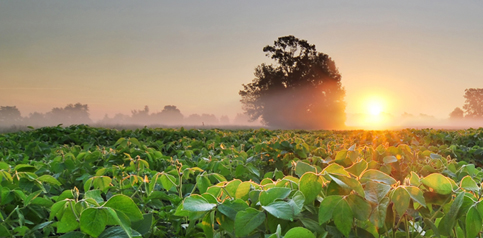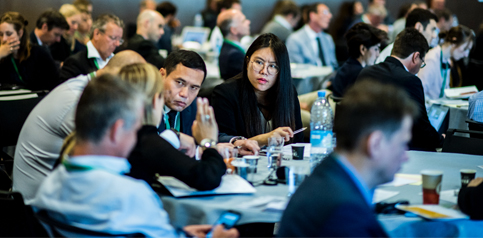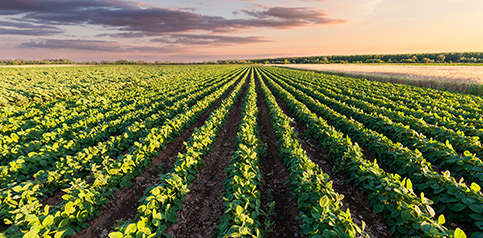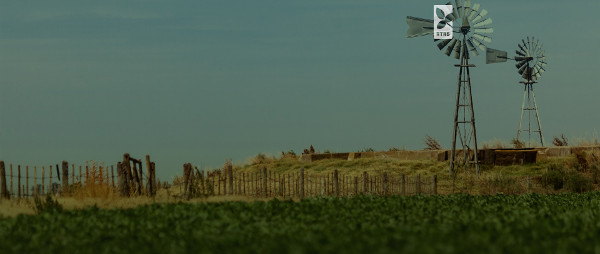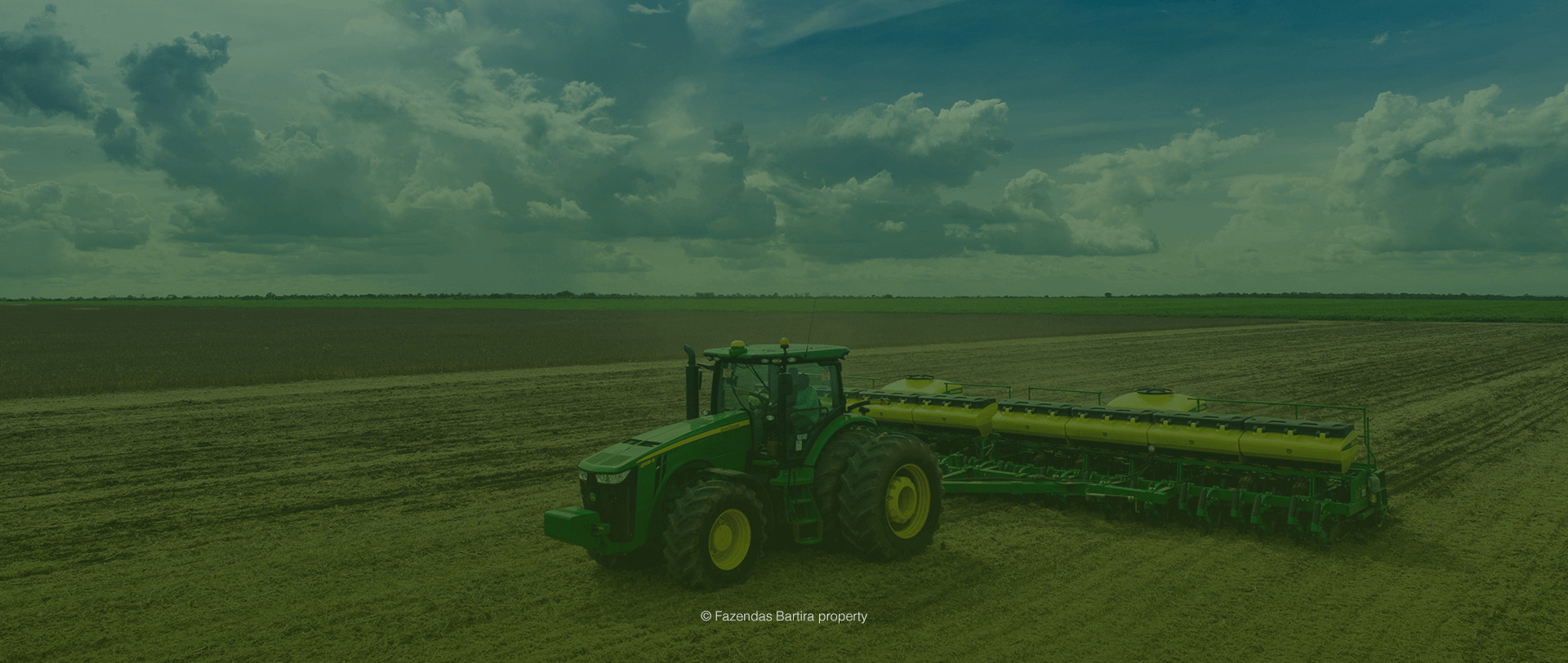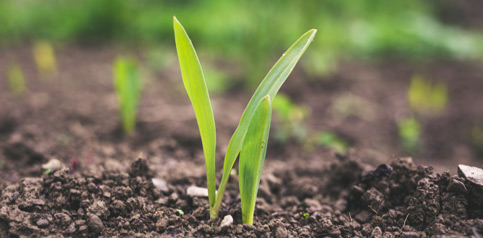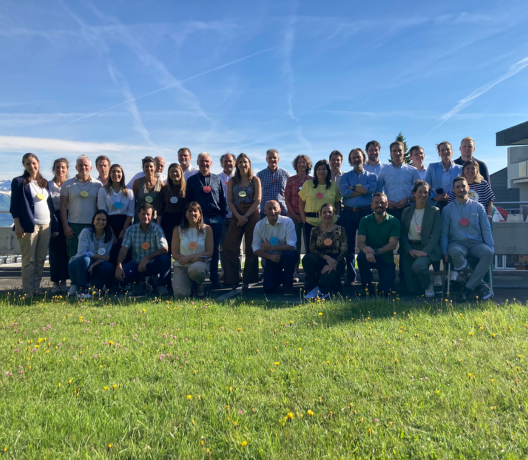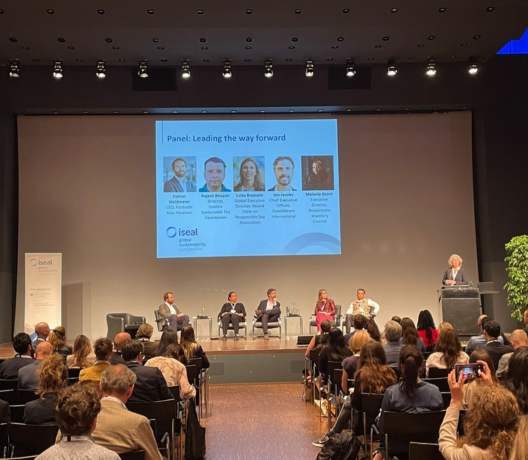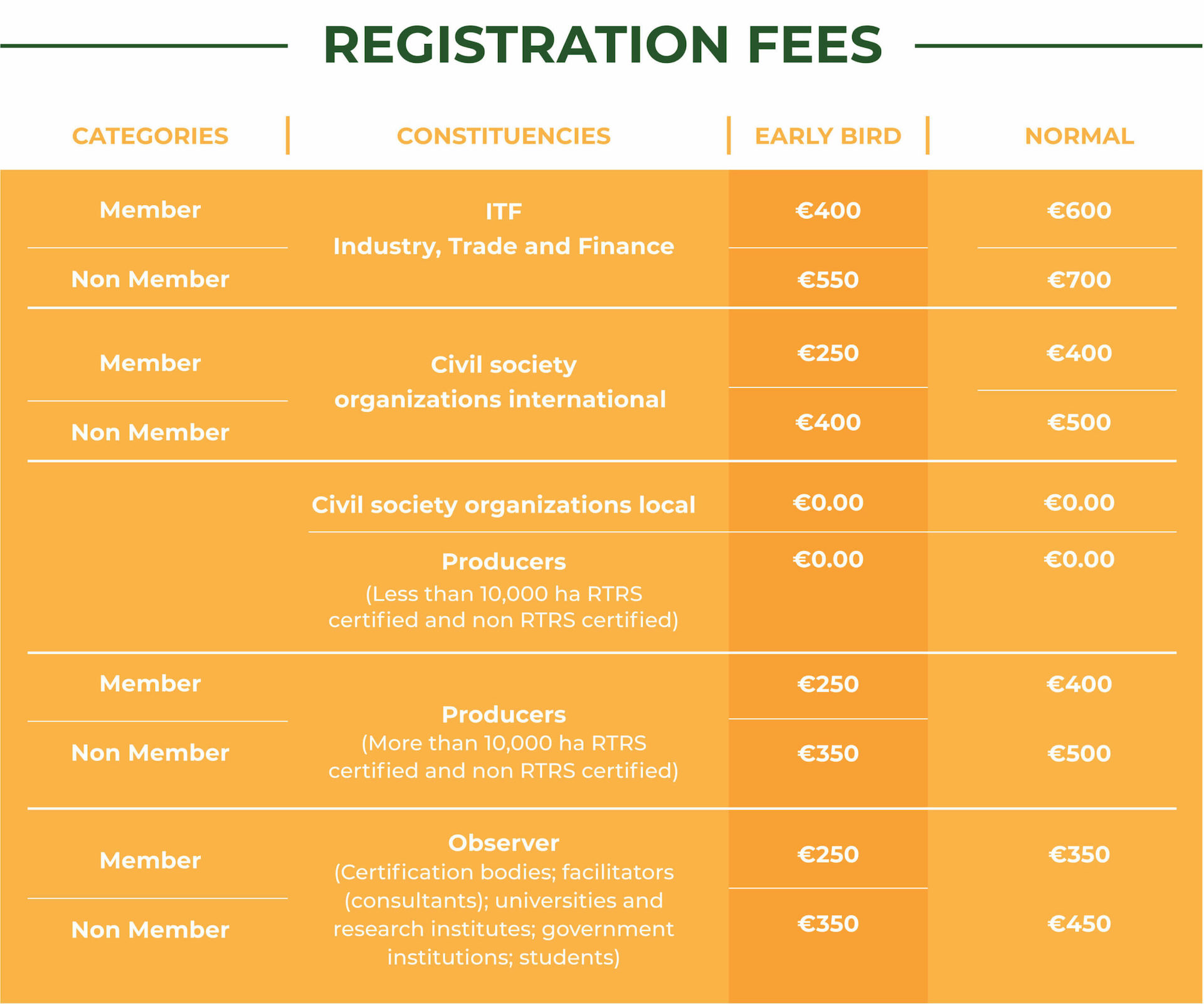Consolidation of the sustainable development agenda in the Northern Exports Corridor
RTRS attended the 19th edition of Agrobalsas, an important agribusiness fair in Maranhão organised by FAPCEN, which encompasses states that produce soy and associated crops.
The Round Table on Responsible Soy Association (RTRS) attended the 19th edition of Agrobalsas, an event devoted to the topic of “Shared Responsibilities” that took place from May 16 – 20, 2023, in Balsas, a city in the south of the state of Maranhão. This initiative by the Research Support Foundation for the Northern Exports Corridor (FAPCEN, Fundação de Apoio à Pesquisa do Corredor de Exportação Norte) brought together businesspeople, farmers, ranchers, presidents of agribusiness organisations, educators and students in a lecture space to share ideas about sustainable agricultural production, emphasising the importance of each link in the chain in preserving the environment and ensuring social inclusion. There were exhibition spaces available for major brands and potentially new opportunities for increased regional development prompted by agribusiness and the incorporation of certification and new technologies in the field.
According to FAPCEN Superintendent Gisela Introvini, the purpose of Agrobalsas is to share information and showcase the strength of MaToPi (the tri-state region of Maranhão, Tocantins and Piauí) as a sustainable granary region. Gisela notes that FAPCEN uses the principles and criteria set forth by RTRS to promote sustainable agriculture in the region, all the way from producers to end consumers. “All the work is based on RTRS criteria and principles, which are disseminated in the form of training courses, technical and debate forums, agricultural showcases and field days,” she explains. According to Gisela, the region’s youth (especially students) play a leading role. By means of sustainable agriculture, technology and good practices in the field, the objective is to boost MaToPi’s development by creating more jobs and income for the population.
FAPCEN has coordinated the farm certification project in the region since 2011, having reached more than 300 thousand RTRS-certified tons in 2022 (out of a total of nearly 500 thousand tons of RTRS-certified soy in Maranhão). This work is compounded by the efforts of many other stakeholders across the chain, considering that of the more than 6 million RTRS certified tons globally in 2022, Brazil accounted for more than 80%, with a 46.5% growth rate in certified production compared to 2021.
Certified area by state in Brazil
| State | Number of Farms | RTRS Planted Area (ha) | Total RTRS Production (tons) |
| BA – Bahia | 27 | 184,906.95 | 658.114,84
|
| GO – Goiás | 48 | 76,685.97 | 302,180.21 |
| MA – Maranhão | 8 | 121,963.91 | 495,295.36 |
| MG – Minas Gerais | 24 | 38,261.61 | 153,951.79 |
| MS – Mato Grosso do Sul | 15 | 31,255.30 | 126,936.62 |
| MT – Mato Grosso | 133 | 877,928.42 | 3,308,154.15 |
| PI – Piauí | 5 | 79,542.00 | 339,725.98 |
| PR – Paraná | 11 | 8,995.27 | 34,423.89 |
| RO – Rondônia | 9 | 41,005.26 | 133,726.54 |
| SP – São Paulo | 4 | 1,886.90 | 8,141.05 |
| TO – Tocantins | 1 | 3,164.50 | 11,617.58 |
| TOTAL | 297 | 1,465,595.09 | 5,572,268.30 |
The diagnoses the Foundation performs on rural properties are crucial to adapting the farms for certification. Such diagnoses are based on a model that rewards producers who use socially and environmentally responsible practices and implement innovation. As such, the RTRS Standard for Responsible Soy Production is used as a tool to minimise and/or prevent key agricultural risks and give visibility and assign value to the actions carried out by rural producers inside and outside their properties. It also serves different markets and considers important social issues, thus providing better quality of life to employees.
RTRS representatives were present at the meeting and highlighted the work done by FAPCEN not only with respect to certification in the region and its efforts against deforestation, but also the social actions addressed by the Foundation, such as their work with local communities, guaranteeing their rights and well-being – in line with RTRS Standard five principles.
In addressing the impacts of sustainable agricultural practices as approaches that transcend the environmental and social dimensions, the No-Till System, advanced by the Brazilian No-Till Federation, also stands out. The difference between “engaging in no-till farming” – which is an agricultural technique – and “adopting the No-Till System” is that the latter involves more fully fledged adaptations in the way no-till planting is performed and requires minimal soil disturbance, in addition to having various cover plants used in crop rotation and the maintenance of permanent straw coverage on the ground. In comparison to other systems that use soil preparation, this one fosters the development of sustainable agriculture by providing multiple benefits, such as: reduced soil erosion caused by water and wind, fewer greenhouse gas emissions, and reduced use of fossil fuels and agrochemicals; more water infiltration, increased fertiliser efficiency and organic matter recovery, as well as greater biodiversity and greater soil resilience[1].
The guidelines of the No-Till System are fundamentally similar to the good agricultural practices enshrined in principle five of the RTRS Standard (“Good Agricultural Practices”) and contribute to what has become known as “regenerative agriculture.” In 2022, RTRS began an initial and unprecedented assessment conducted by an external independent consultant to analyse the extent to which much of the RTRS standard could be considered regenerative agriculture. The analysis matched the 108 criteria in the RTRS standard against around a dozen practices that make up the essence of regenerative agriculture: biodiversity, deforestation avoidance, conservation of natural habitats, fertiliser and pesticide use, cover-cropping adoption, tillage management, crop rotation, afforestation, manure/compost application, soil sampling, pollution prevention, renewable energy, emissions verification for greenhouse gases, inter-cropping, and irrigation. The analysis showed that RTRS’ current standard includes a significant number of regenerative agricultural practices, which means there is close alignment in many areas, and that with more development, such alignment could be even stronger.
In a nutshell, approaches such as the No-Tillage System share various synergies with the good agricultural practices set forth in the RTRS Standard. In this sense, certification serves as a complementary tool to existing sustainability initiatives, bringing several benefits to producers and to the soy and corn supply chain as a whole.
RTRS is pleased to be part of the collaboration with stakeholders in the soybean and corn value chain, and to encourage more actions to enhance synergies for sustainable development.
[1] This context led to the foundation of Clube Amigos da Terra, an initiative created for producers to discuss and exchange information about the best techniques for adopting the No-Till System in the region.


